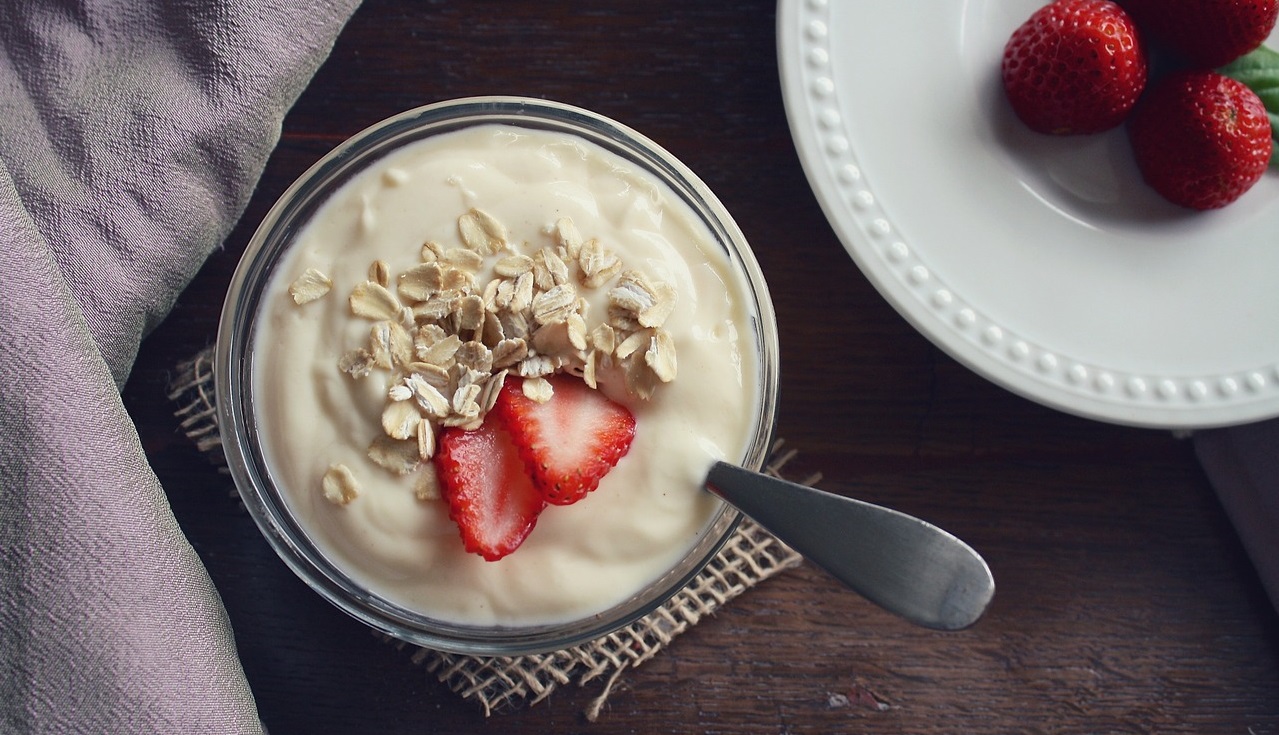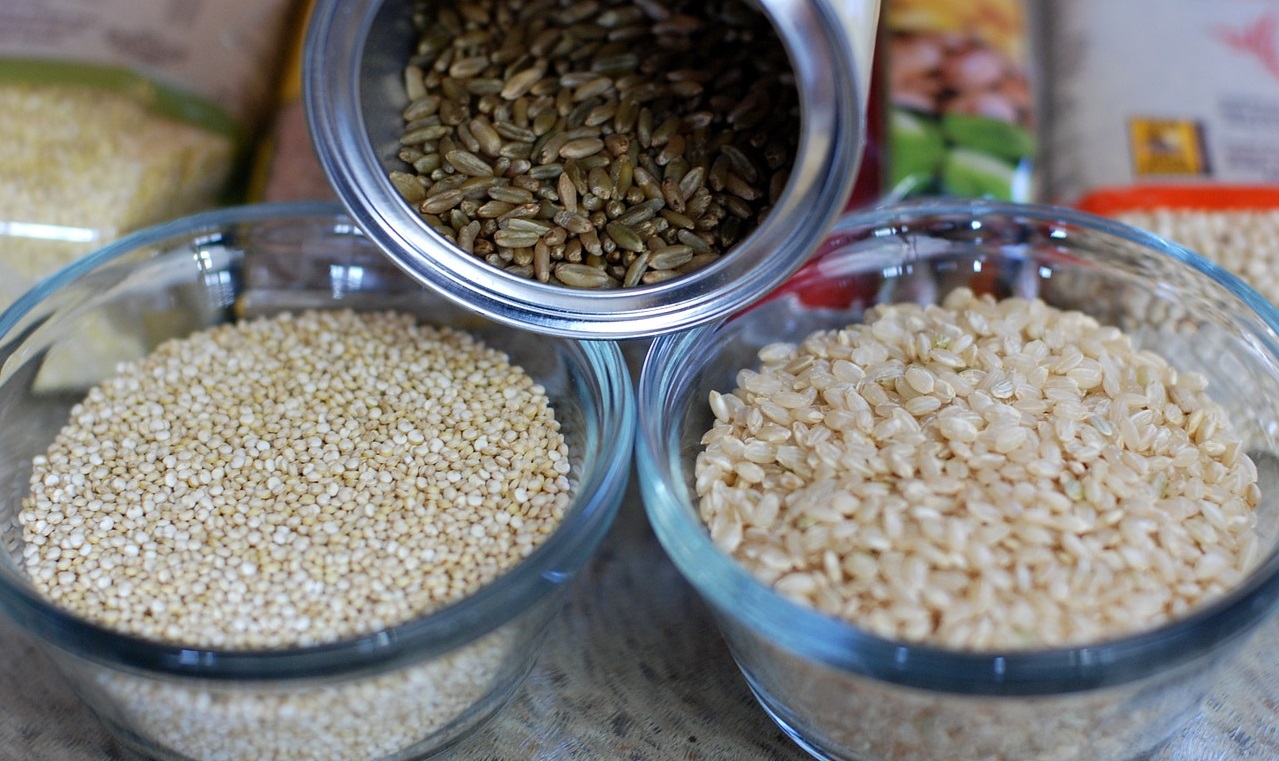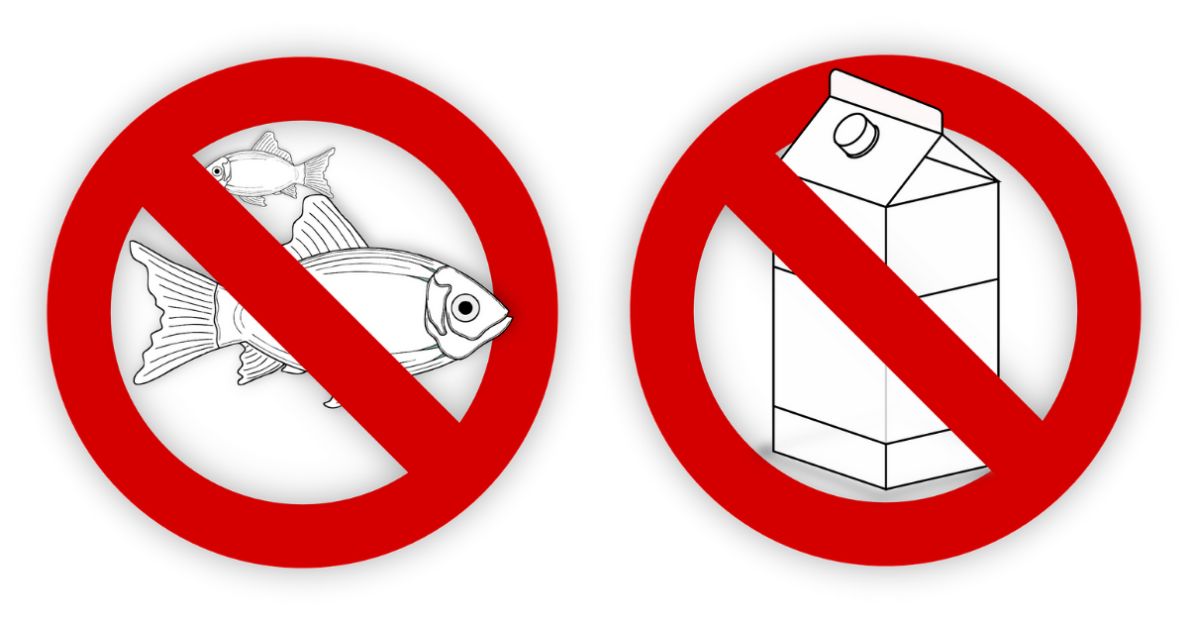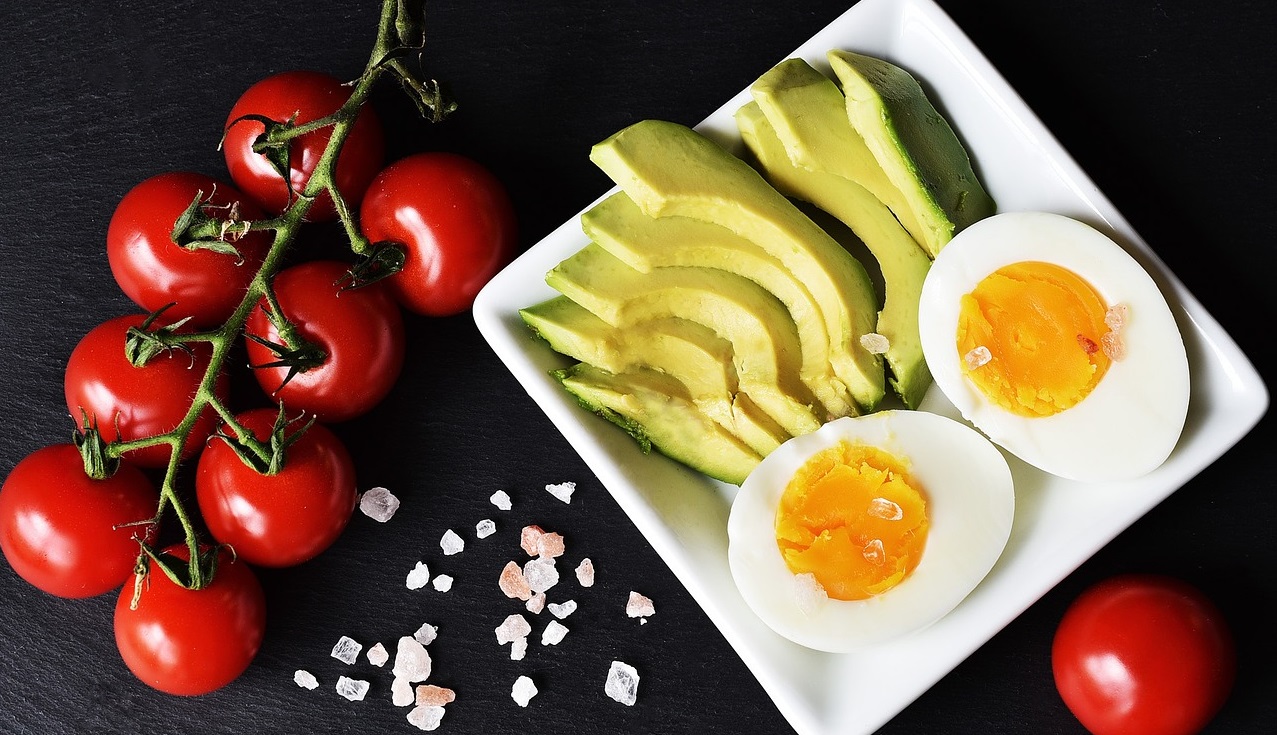Many people are now getting more and more concerned about their health; unconsciously throwing healthy-eating jargon this way and that. It may be because we are following so many celebrities and fitness enthusiasts on social media.
Every time we see their impressive physiques and the healthy meals they post, we would aim to have the same shape and lifestyle that they do. We get so inspired to try on their diets, eat what they eat, and apply their workouts, despite not living our own healthy lifestyles for years.
And though this exposes us to other people’s way of living, exposure still doesn’t equal understanding. With all these exercise trends and new diets at present, people tend to get impulsive on what they should do even without consultation and proper research.
Breaking Down Healthy-Eating Jargon:
First off, your diet should suit your needs and your body’s capabilities. Just because it was a successful technique for other people doesn’t mean it would also be successful for you. Aim to understand your body as well as all the healthy-eating jargon.
Here are some key terms to guide you in getting fit.
1. Paleo

This diet plan involves eating the food that our ancestors used to eat during the Paleolithic era. It means merely consuming meat, fish, vegetables, and fruit, which used to be the only available food 2.5 million years ago.
The goal of this diet is to return to our ancestor’s eating habits and restrict the intake of modern foods such as cereals and dairy products. It is believed that the human body is genetically mismatched to the modern diet, and it is called the discordance hypothesis.
This theory explains how the consumption of these new foods makes the body outdo its ability to adapt. Therefore, resulting in the massive occurrence of obesity, diabetes, and heart disease nowadays.
2. Macros

Macros is a shorter term for macronutrients, which are the three essential food groups — fat, protein, and carbs. They release the energy that our bodies need to function well.
Fitness and health experts state that it is better to count your macros rather than counting your calories. With this diet, you would get the balance right, and it is more effective in burning fat and building muscles.
It is about keeping the balance of protein, fats, and carbs you eat every day to achieve your weight loss.
3. Clean Eating

This diet is considered by many to be the only legitimate way of eating healthily. Clean eating involves the intolerance of processed foods and foods with artificial flavours.
People who do this only eat lean meats, fresh fruits, and vegetables, and any food that does not have any chemicals in it.
Besides that, clean eating does not only involve the food you eat every day but also the way you live your life. It is regarded as the practice of having a holistically healthy and active lifestyle.
4. Probiotics

Probiotics help you have a happy tummy because they reduce bloating. These live organisms (e.g. healthy bacteria) help us balance our gut’s microbiome to keep our bodies function the way it should be.
Lactobacillus is probably the most popular live organism, and you can find it in yoghurt and other fermented foods. Various strains could help with diarrhoea and help digest lactose too (e.g. sugar in milk).
5. Ancient Grains

This diet involves the consumption of ancient grains and not refined products.
These ancient grains are seeds like quinoa and chia seeds, and common foods like brown rice, whole grain pasta, oatmeal, popcorn, and whole wheat bread.
This diet does not only make you feel healthy inside but also gives you beauty benefits like glowing skin and shiny hair.
6. Mindfulness

This healthy-eating habit is about concentrating on your eating attitude. It is not about calorie counting; it is about asking the right questions before eating. Questions like:
- Will this food prolong my fullness?
- Is this snack healthy? Or are fruits healthier?
- If I take my time to eat this meal, would I enjoy it more?
- Why does eating feel like such a burden for me?
Besides these questions, you should also remember that your brain could tell you that you are hungry every other minute, so try thinking of counters to these urges. Reason out with it, give it a bit of positive self-talk, and maybe you could even schedule your meals to avoid eating every time you feel hungry.
7. Elimination Diets

The elimination diet is the gold measure in identifying food intolerances, sensitivities, and allergies in your eating habit. It is the elimination of foods that your body can’t tolerate well.
These foods will be removed in the first phase of your diet and later be reintroduced, one at a time. However, during the period of reintroduction, you will also look for symptoms that might show reactions to your body.
Then, once you have identified certain foods that your body could not tolerate, you can now remove them from your diet. This diet is a pro-active measure to prevent any uncomfortable symptoms in the future.
Most importantly, remember that it is very well suggested to consult a dietician in applying this plan.
8. Flexitarianism

Flexitarianism is the act of applying a vegetarian way of eating with intermittent meat consumption.
It is becoming an increasingly popular plant-based diet plan that is believed to have reduced the carbon footprint of individuals as well as improve their health.
This diet is the result of people being concerned about sustainability and the actions they take — looking for alternative protein sources to supplement their seldom meat consumption.
You can do it by doubling your vegan protein consumption and having just half of that measurement for your meat intake.
9. Sirt Diet

This diet came from studies conducted on the group of seven proteins found in the body. They are believed to regulate different bodily functions such as metabolism, inflammation, and lifespan.
According to some research, certain natural plant compounds could increase the level of these proteins in your body. These compounds are now called sirtfoods.
Sirt diet includes foods rich in antioxidants; namely green tea, dark chocolate, grapes, red wine, and kale. This particular type of food activates your metabolism, resulting in the break down of fat and natural reduction of appetite.
10. Keto Diet

Keto diet is the consumption of extremely low-carb and high-fat foods. This diet is designed to let your body efficiently burn more fat for energy by taking more fatty foods and avoiding various forms of carbs.
Moreover, studies state that this diet turns fat into ketones that could result in several health benefits. Among these gains are the reductions in blood sugar and insulin levels, as well as the production of ketones in the liver that supply energy for the brain.
